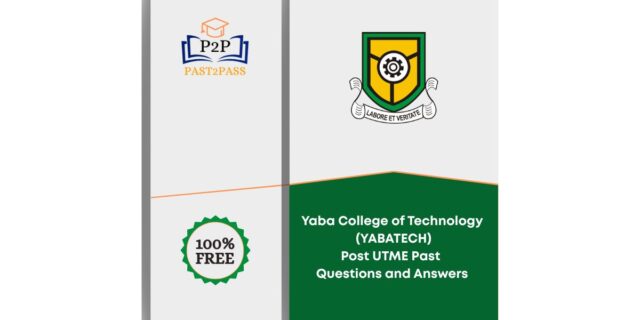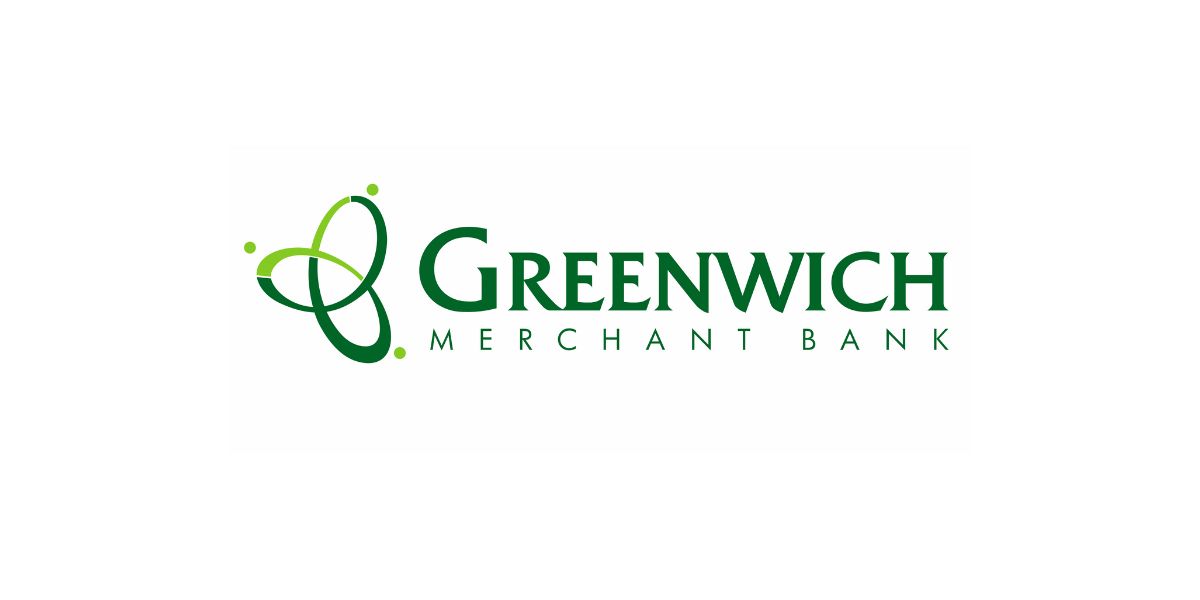Message us on Twitter; we would love to connect! Follow @Past2Pass
— Past2Pass - P2P (@Past2Pass) September 8, 2025
Practice YABATECH Post UTME Past Questions and Answers to prepare for the Post UTME exams ahead. The download is free and in PDF format.
To secure admission into your desired course at Yaba College of Technology (YABATECH), the next step after meeting the JAMB cut-off mark is the YABATECH Post UTME screening.
Working through these past questions and answers is a great way to boost your confidence and increase your chances of securing admission.
Related: List of Polytechnics that have released Post UTME Form
YABATECH Post UTME Requirements
To qualify for admission into Yaba College of Technology (YABATECH), candidates must meet the following criteria:
- Choose YABATECH as your First Choice in UTME
- Score 150 or above in UTME
- Possess a minimum of five (5) O’Level credits (including English and Mathematics) in not more than two sittings
- Apply for YABATECH Post-UTME screening exercise
YABATECH Post UTME Exam Format
The Yaba College of Technology (YABATECH) Post UTME Exam Format is designed to evaluate candidates’ knowledge and readiness for undergraduate studies. The exam is conducted as a Computer-Based Test (CBT), where candidates answer questions base on their jamb subject choice.

Download Free YABATECH Post UTME Past Questions and Answers
Practicing with past questions gives you an edge over other candidates. Click the button below to download FREE YABATECH Post UTME Past Questions and Answers in PDF format.
How YABATECH Calculates Aggregate Score
Your total admission score is calculated using:
- O’Level Composite Percentage
- UTME Composite Percentage (Your JAMB score ÷ 8)
- Post UTME Composite Percentage (Your Post UTME score × 0.3)
Note: You must score at least 150 in the Post UTME to qualify for the composite score calculation.
YABATECH Colleges and Their Cutoff Marks
Yaba College of Technology (YABATECH) cut-off mark is derived from the aggregate score; you can check above to see how aggregate score is being calculated.
B.Sc Education Programmes and Cut-Off Marks
- B.Sc Art Education – 61.8
- B.Sc Biology Education – 59.7
- B.Sc Business Education – 56.1
- B.Sc Chemistry Education – 54.1
- B.Sc Computer Education – 58.4
- B.Sc Home Economics Education – 55.6
- B.Sc Industrial Technical Education – 54.0
- B.Sc Integrated Science Education – 53.8
- B.Sc Mathematics Education – 50.6
- B.Sc Physics Education – 50.6
ND Programmes and Cut-Off Marks:
- ND Accountancy – 66.6
- ND Agricultural & Bio-Environmental Engineering – 54.6
- ND Agriculture Technology – 51.7
- ND Architectural – 60.9
- ND Banking & Finance – 63.9
- ND Building Technology – 54.9
- ND Business Administration & Management – 64.2
- ND Chemical Engineering – 53.3
- ND Civil Engineering – 59.1
- ND Computer Engineering – 63.4
- ND Computer Science – 65.6
- ND Electrical & Electronics Engineering – 63.4
- ND Estate Management – 51.1
- ND Fashion Design – 60.4
- ND Food Technology – 58.5
- ND General Art – 63.2
- ND Hospitality Management – 57.8
- ND Industrial Maintenance Engineering – 56.2
- ND Leisure & Tourism – 52.5
- ND Library & Information Science – 65.0
- ND Marine Engineering – 54.0
- ND Marketing – 60.9
- ND Mass Communication – 65.8
- ND Mechanical Engineering – 60.4
- ND Mechatronics Engineering – 58.7
- ND Metallurgical Engineering – 58.7
- ND Mineral and Petroleum Engineering – 51.5
- ND Nutrition & Dietetics – 61.1
- ND Office Technology & Management – 59.3
- ND Photography – 51.9
- ND Polymer Technology – 52.0
- ND Printing Technology – 52.0
- ND Public Administration – 62.1
- ND Quantity Surveying – 51.5
- ND Science Laboratory Technology – 65.6
- ND Statistics – 51.7
- ND Surveying & Geo-Informatics – 50.7
- ND Textile Technology – 51.3
- ND Urban & Regional Planning – 50.1
- ND Welding & Fabrication – 50.4









